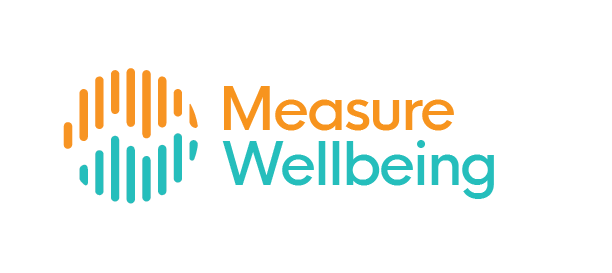General information
Description
Personal well-being (PWB) is part of the wider Measuring National Well-being (MNW) Programme at the Office for National Statistics (ONS), which aims to provide accepted and trusted measures of the nation’s well-being.
Personal well-being uses four measures (often referred to as the ONS4), which capture three types of well-being: evaluative, eudemonic and affective experience. These measures ask people to evaluate how satisfied they are with their life overall, asking whether they feel they have meaning and purpose in their life, and asks about their emotions during a particular period.
You can ask these questions as a set, on their own, or in any combination. We recommend, if possible, to ask all four.
Questions
Optional preamble:
Next I would like to ask you four questions about your feelings on aspects of your life. There are no right or wrong answers. For each of these questions I’d like you to give an answer on a scale of 0 to 10, where 0 is “not at all” and 10 is “completely”.
1. Overall, how satisfied are you with your life nowadays?
2. Overall, to what extent do you feel that the things you do in your life are worthwhile?
3. Overall, how happy did you feel yesterday?
4. On a scale where 0 is “not at all anxious” and 10 is “completely anxious”, overall, how anxious did you feel yesterday?
Source
Tinkler, L., & Hicks, S. (2011). Measuring subjective well-being. Office for National Statistics. Available here
Validation details
ONS (2012) Overview of ONS phase three cognitive testing of Subjective Wellbeing Questions. ONS Summary report.
Implementation
Cost / Terms of Use
Free (No permission required)
Instructions and Scoring
Guidance and thresholds here
